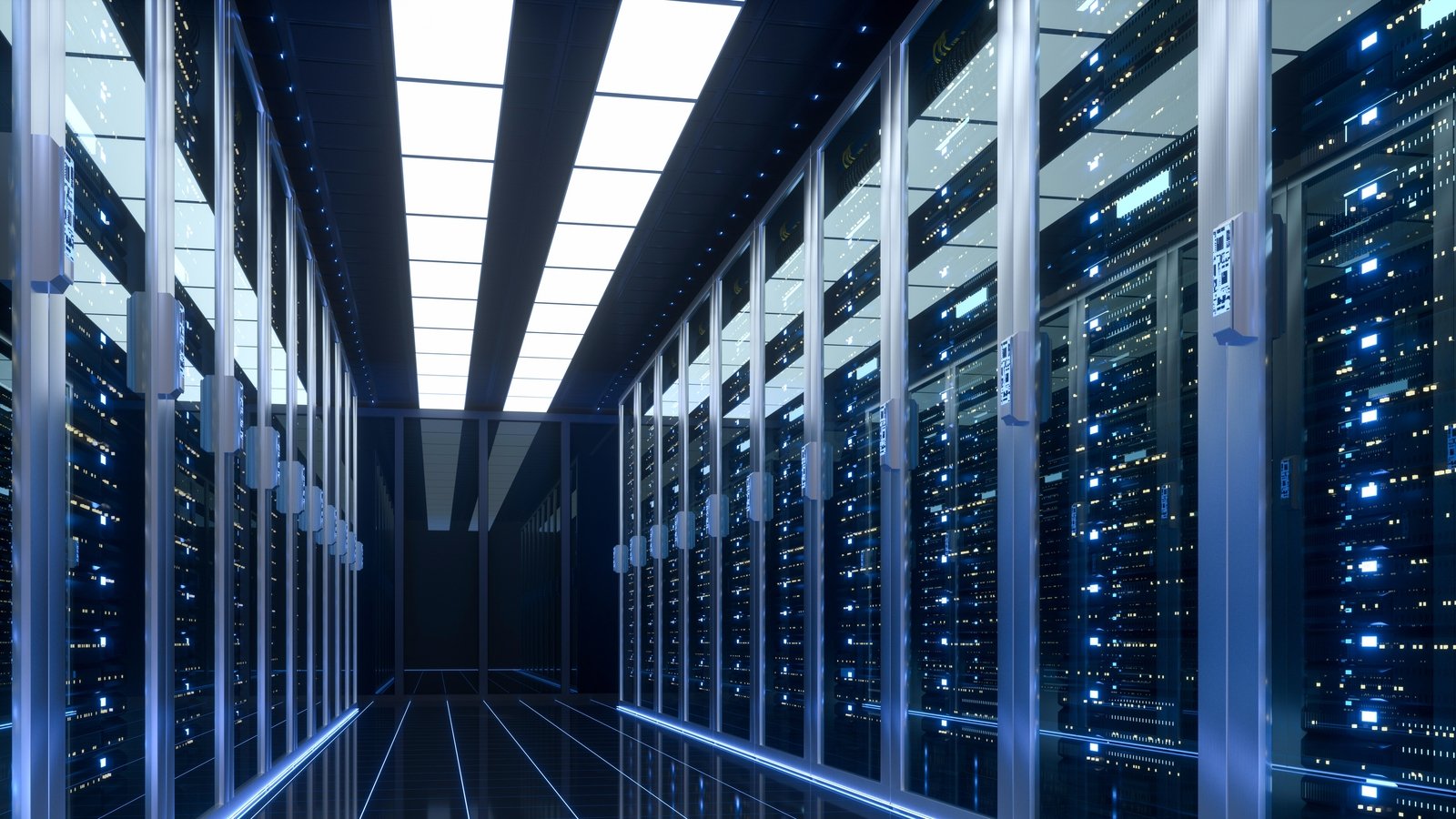Data Centres Face New Openness and Sustainability Requirements
Table of Contents
- 1. Data Centres Face New Openness and Sustainability Requirements
- 2. Rising Energy Demands and Grid Impact
- 3. New Grid Connection Policies
- 4. Concerns Raised Over Environmental Impact
- 5. What single initiative could best support Ireland’s data centre growth while mitigating its environmental impact?
- 6. Navigating Openness and Sustainability: A Conversation with Dr. Aiden McGuire, Data centre Expert
- 7. Introduction
- 8. Rising Energy Demands and Grid Impact
- 9. New Grid connection Policies
- 10. Balancing Growth, Security, and Sustainability
- 11. Addressing Concerns Over Environmental Impact
- 12. Thought-provoking Question
The Commission for regulation of utilities (CRU) has proposed new guidelines for data centres in Ireland, aiming to enhance transparency and address growing concerns about their environmental impact. The new regulations,part of a draft decision published by the CRU,require data centres to publicly disclose their carbon emissions and renewable energy usage.
Rising Energy Demands and Grid Impact
Energy consumption by data centres has surged in recent years, escalating from 5% of Ireland’s electricity needs in 2015 to a significant 21% in 2023. Projections indicate this figure coudl reach 30% by 2032, raising notable concerns about grid stability and strain on the national energy infrastructure.
New Grid Connection Policies
The CRU’s proposals introduce new policies for connecting data centres to the national grid. Existing policy mandates new centres to provide generation or storage capacity equivalent to their energy consumption,but this requirement can now be fulfilled either on-site or nearby. This versatility aims to alleviate pressure on the grid and encourage distributed generation.
However, these new centres will also be obligated to supply surplus power back to the grid at designated times.
Balancing Growth, Security, and Sustainability
Eirgrid and ESB Networks, Ireland’s transmission system operators, will play a crucial role in implementing these guidelines. They are tasked with considering the location of proposed data centres, particularly within “constrained” regions, to ensure grid stability. Additionally, they will assess the appetite of existing data centres for expansion, including their willingness to relinquish unused electricity capacity.
“Balancing system security, trying to meet emissions targets, and ensuring continued investment in enabling infrastructure for a ‘knowledge rich economy’”
CRUC Commissioner, dr. Tanya Harrington, outlined the core objectives driving these proposals.
While data centres are required to disclose their carbon footprint, there’s no mandatory requirement for renewable energy sources.
Speaking on RTÉ’s Morning Ireland, Dr. Harrington emphasized the importance of securing grid supply and stability alongside achieving emissions targets. “Storage is just one of many technologies that the developers can choose to array on their sites, the difference with this decision is that we’re allowing them to do it both on their geographic bounded site and or approximate to the data center,” she stated.
“Energy storage comes in in different formats, but it allows in some instances modular scaling to ramp up with the demand of the data centre, and I think that’s a very positive new feature.”
”
Dr. Harrington clarified that this “draft decision” policy aims to align with the government’s dual goals of decarbonization and digitalisation,leaving the choice of energy sources to the individual data centre operators.
Concerns Raised Over Environmental Impact
Social Democrats TD Jennifer Whitmore expressed strong concerns regarding the CRU’s decision, stating it contradicts Ireland’s climate legislation. She accused the CRU of operating independently from government policy, urging the minister to address the matter publicly.
Highlighting the Environmental Protection Agency’s (EPA) prediction of Ireland missing its 2030 emissions reduction targets, potentially costing the state €20 billion, Deputy Whitmore questioned how the CRU could support the expansion of fossil fuel-dependent data centres.
Deputy Whitmore warned about the looming climate crisis and grid challenges posed by the projected 30% contribution of data centres to ireland’s energy consumption.
These new regulations underscore the growing urgency to balance Ireland’s booming data centre sector with environmental sustainability. The coming months will see crucial discussions and decisions shaping Ireland’s digital future while striving to mitigate climate change.
What single initiative could best support Ireland’s data centre growth while mitigating its environmental impact?
Archyde Interview: Charting a Lasting Future for Irish Data Centres
Navigating Openness and Sustainability: A Conversation with Dr. Aiden McGuire, Data centre Expert
Introduction
In the wake of the CRU’s draft decision on new data centre regulations, we sat down with Dr. Aiden McGuire, a renowned data centre strategist and sustainability advocate, to discuss the implications of these guidelines on Ireland’s digital infrastructure and surroundings.
Rising Energy Demands and Grid Impact
Archyde (A): Dr. McGuire, the CRU reports that data centres’ energy consumption has surged to 21% of Ireland’s electricity needs.How concerned should we be about this growing demand?
Dr. Aiden McGuire (AM): It’s indeed a rising concern. While data centres drive Ireland’s digital economy, they’re also straining our grid.Projections showing they could account for 30% of our energy consumption by 2032 indicate we must act now to balance growth and sustainability.
New Grid connection Policies
A: The CRU is introducing new policies for grid connection, including on-site or nearby renewable generation and powering back to the grid. How do you see these policies shaping the data centre landscape?
AM: These policies are a step towards sustainability. They encourage distributed generation, alleviate grid pressure, and incentivize data centres to contribute to grid stability. Though, the lack of a mandatory renewable energy source requirement could be seen as a missed possibility.
Balancing Growth, Security, and Sustainability
A: How can we maximize growth and investment in data centres while meeting emissions targets and maintaining grid security?
AM: It’s a complex balance. Rigorous planning,engagement with stakeholders,and incentives for innovation – like energy storage technologies – will be crucial.Phasing out fossil fuels and promoting renewables must also be part of the picture.
Addressing Concerns Over Environmental Impact
A: Some critics argue that these policies aren’t stringent enough to meet ireland’s climate goals. How would you respond to these concerns?
AM: While I share some of these concerns, these proposals are a start. They introduce transparency, encourage better practices, and create a foundation for more ambitious regulations in the future. However, we must keep pushing for even bolder climate action.
Thought-provoking Question
A: Looking ahead,what single initiative could best support Ireland’s data centre growth while mitigating its environmental impact?
AM: A well-designed,market-based carbon pricing system could substantially incentivize data centre operators to reduce their emissions and invest in renewable energy sources.




